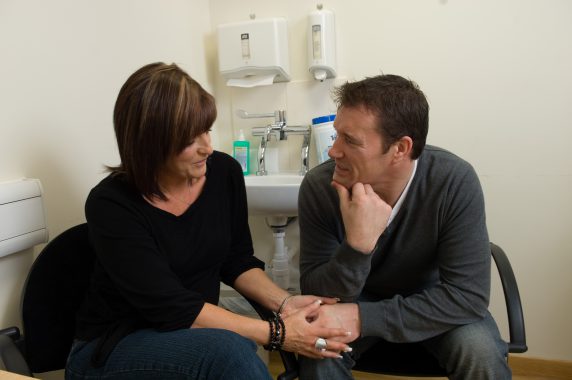Almost 97% of ‘out-of-area’ mental health patients are inappropriate

Almost all mental health in-patients in England who are placed in out-of-area beds are done so inappropriately, according to the latest NHS Digital statistics.
In May, there were a total of 795 out-of-area placements (OAPs) in England, 770 of which were inappropriate (96.9%), two percentage points more than last year.
In the same month in 2018, 94.8% of 670 OAPs in England were inappropriate, where beds were given to in-patients from outside of the catchment of their respective local mental health service as there were no beds available in their local area.
Almost 40% of OAPs in England in May were placed between 100km – 200km away from home, the most being mental health patients from the Midlands. The South West of England had the most number of patients travelling 300km or greater for an out-of-area placement.
NHS Digital said this could ‘delay’ their recovery.
The BMA also warned of the ‘damaging impact’ inappropriate OAPs could have, and called for an increase in investment in mental health to deal with the demand and decrease OAPs.
BMA mental health lead and clinical psychiatrist, Dr Andrew Molodynski, said: ‘The BMA has repeatedly warned that the practice of sending mental health patients out-of-area can have a damaging impact on a patient’s recovery, yet these figures suggest that this is still getting worse rather than better.
‘Being sent far away for care from family and loved ones can impede a patient’s recovery and interrupt the continuity of care a patient they receive making it more detrimental to the patient and less cost-effective in the long run.’
He added: ‘As well as the benefits of investing in the number of beds available to patients so they can get the care they need close to home, the continued increase in the number of mental health referrals clearly shows the need for greater resources and investment in preventative and community services so that people can helped before they need acute inpatient care. That is much better for all concerned- the people themselves, their families, health care workers and the taxpayer.’
In April, there was a similar number of inappropriate referrals, with 96.3% of 805 OAPs being inappropriate in England that month.
It comes as recent research found mental health patients were being ‘warehoused’ hundreds of miles from home in privately-run mental health wards.
The number of new referrals sent to secondary mental health, learning disabilities and autism services increased by over 10% in the last month. As of May, 334,159 referrals were received by mental health services from primary care, up 30,786 from April.
The figures also show 960,962 new referrals were made between March and May this year, a 12% increase compared to the 855,723 referrals between March and May 2018.
A health minister recently revealed that patients were getting around rationing rules to get access to IVF services by registering with out-of-area GP practices.
NB: This article was changed at 9:40 on 9 August to reflect almost 97% of mental health patients that were placed out-of-area were inappropriate, not 97% of all mental health in-patients were in inappropriate out-of-area beds.
Visit Pulse Reference for details on 140 symptoms, including easily searchable symptoms and categories, offering you a free platform to check symptoms and receive potential diagnoses during consultations.











